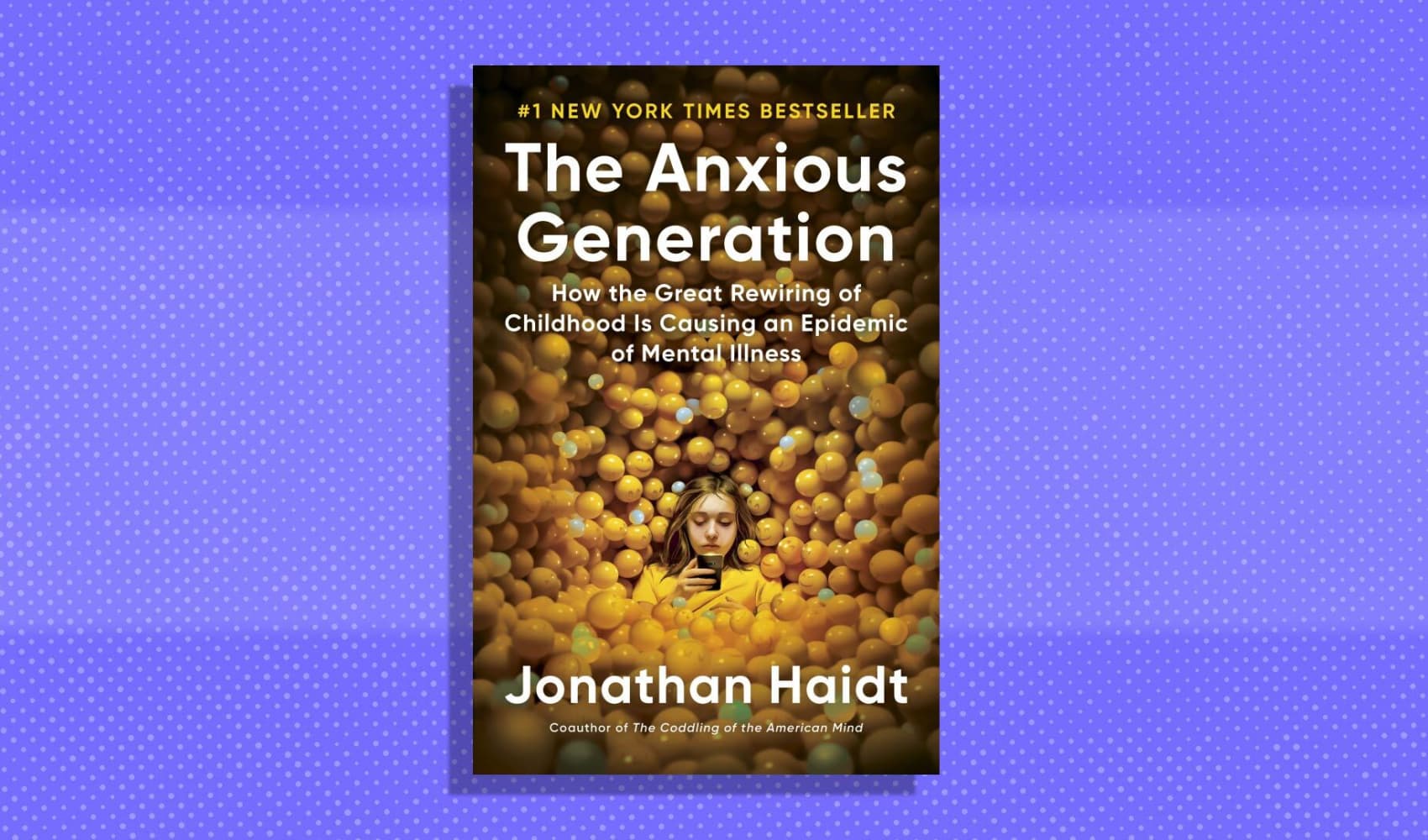
Rejection is a universal experience, but the sting of it still can feel so individual.
No matter how many times you've experienced it, being told you didn't get the job or that a date you were excited about doesn't want to see you again is always disappointing.
Everyone is rejected "over and over again in big and small ways," says Mark Leary, a former psychology professor at Duke University. Leary's research focuses on social relationships.
"If you have your antennas up, every single day you'd get some indication that somebody didn't value you as much as you wish they did," he says.
Get New England news, weather forecasts and entertainment stories to your inbox. Sign up for NECN newsletters.
Instead of seeing shame about rejection as a discouraging emotion, see it as a sign that your brain is working exactly how it should be.
Feeling rejected is useful
Historically, the shame and anxiety that comes with rejection has been a useful tool, Leary says.
Money Report
"Throughout human evolution, being accepted and included in groups, having relationships with other people was essential to our survival," he says.
Being exiled from a group or turned down by a potential mate had far greater consequences hundreds of years ago than it does now. Still, we are "hard-wired," Leary says, to read rejection as a threat to our health.
"The reason it continues to hurt is the same reason why we continue to experience pain when we step on a sharp object," he says. "Negative emotions are a warning that something there might be damaging to your wellbeing."
Neutrality is not rejection
If you take rejection personally, your self esteem will suffer, Leary says. But if you attribute it to the general injustice of the world, it will make you resentful.
"Do your best to do a realistic appraisal of what the problem is," Leary says.
If someone doesn't call you back for a few days, don't jump to the conclusion that they don't want to talk. They might be sick or busy.
It also helps to remember that you're probably not being rejected as much as you think.
"People misinterpret ambivalence and neutrality as rejection," Leary says. "A lot of people see a lot more rejection than there really is."
This can be isolating and cause a sort of victim complex.
"It naturally rains on all of us but if you think it's only raining on you, that's really discouraging," he says.
Remember that rejection is a normal part of everyone's life and feeling bad about it means your brain is working the right way, Leary says.
"The fact that you feel bad about rejection means you are a normal human being."
Check out:
10 corporate buzzwords that show up in job listings the most—and how to use them to land a role
The top 10 best U.S. cities for STEM careers, according to new research
80% of workers who quit in the 'great resignation' have regrets, according to a new survey
Sign up now: Get smarter about your money and career with our weekly newsletter






